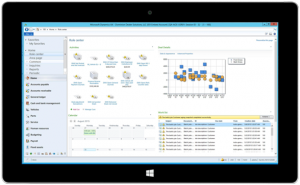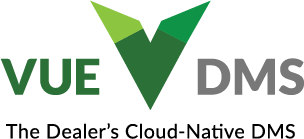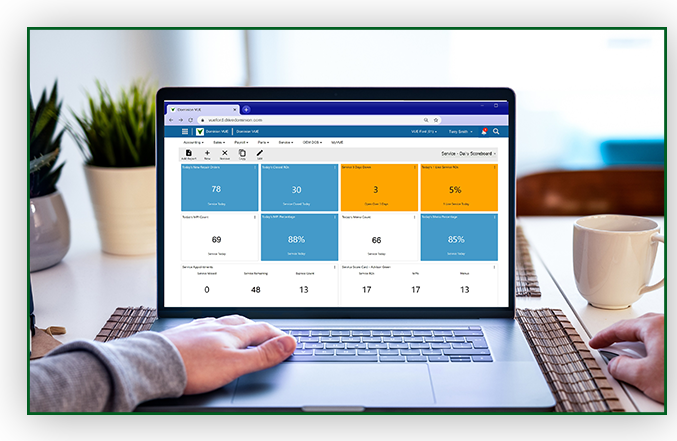Almost two-thirds (62%) of dealership owners report that fraud had occurred and came from within their dealership — an employee acting alone and/or with an outsider are the primary culprits.
The most common instances of fraud are those that appear to provide the highest financial reward to the employee committing the fraud or simply seem easy to get away with. Unfortunately, these line up with the most common financial system weaknesses at dealerships, including:
- Skimming: Stealing cash before it’s recorded in the books
- Billing: Submitting and paying invoice for fictitious goods or services
- Expense Reimbursement: Submitting and paying false or exaggerated expense reports
- Check Tampering: Forging or altering a check drawn on the dealership’s account
- Payroll: Overpaying an actual employee or creating a fictitious employee
As the business owner, you can’t be everywhere. So, what steps can you take to prevent these activities? Below are six steps you can take to create a culture where fraud is difficult to perpetrate.
1. Create an Educated Environment
Start from the top. Train all dealership personnel, from managers on down in fraud awareness. Just letting people know what to look for helps improve peer-to-peer relationships and enforcement.
2. Implement Internal Control Policies
Ensure your financial systems are strong enough to prevent and short-circuit fraud once it is attempted. Fraud thrives in messy accounting records. Do you have a lot of aged receivables? Chances are good that you have an environment susceptible to fraud. Investigate!
3. Balance your Parts and Vehicle Inventory
Evaluate the number of adjustments made to part unit counts. Are they excessively high? Does your Parts Inventory count automatically adjust to the General Ledger? Likewise, are your vehicle inventory and General Ledger always in balance? Parts are easily turned into cash through adjustments to inventory cost. Likewise, be very tuned into your gross profit on your vehicles so that you can spot excessive variances.
4. Do More Than Audit
An Audit is simply  not good enough. Audits are not an effective way to identify embezzlement because audits are about the financial statement. An Auditor’s real responsibility is guaranteeing that the statements are balanced. That does not mean that the numbers are incorrect. Auditors only have responsibility to look for fraud but they will not conduct deep research to find it. Fraud is the responsibility of management not the auditor.
not good enough. Audits are not an effective way to identify embezzlement because audits are about the financial statement. An Auditor’s real responsibility is guaranteeing that the statements are balanced. That does not mean that the numbers are incorrect. Auditors only have responsibility to look for fraud but they will not conduct deep research to find it. Fraud is the responsibility of management not the auditor.
5. Prevention is NOT too expensive
It may seem that creating separation of duty adds more people and procedures to your organization. However, as your business grows, you need checks and balances to ensure that no individual person has all of the financial control.
6. Timely detection is affordable
The real value is catching fraud early. The longer it continues, the more drain it is on the organization. An employee submitting a fictitious invoice for $500 each month can rack up $6000 in one year alone. Imagine if you don’t catch it for 5+ years. Alerts and pop-ups in your software create questions. Inspect your Payables each month.
Fraud happens every day. And, unfortunately, it is often committed by people you would not suspect. The steps above will help you create an environment where fraud cannot take root.



